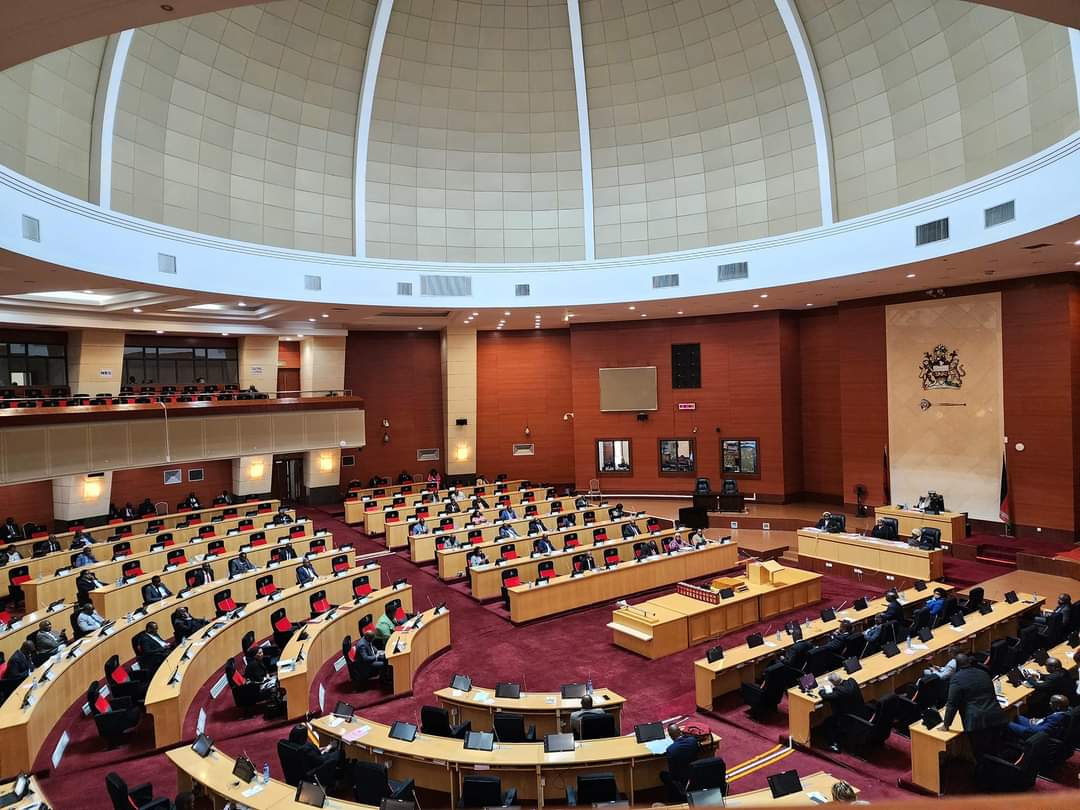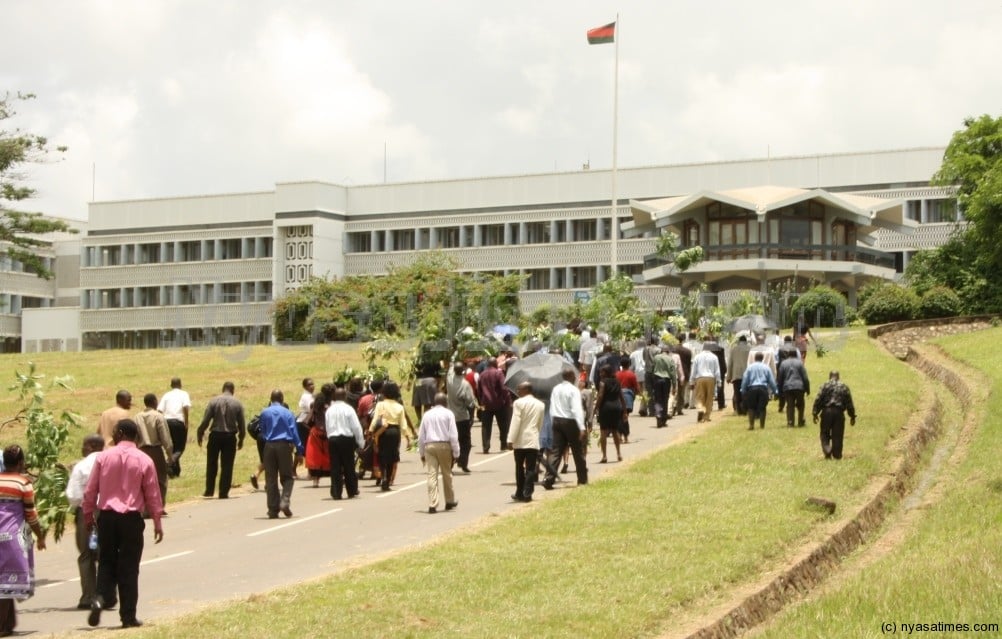By Burnett Munthali
In a significant verdict delivered today, Third Grade Magistrate Haneef Ngundende has acquitted former Nsanje District Council Accounts Assistant, Geoffrey Thupilifana, of charges related to forgery and uttering a false document. Thupilifana, who had been suspended from his role last year, faced accusations that he willfully forged cheques intended for Nsanje District Hospital and District Council accounts, allegedly attempting to misappropriate funds.
The charges centered on two specific incidents that occurred on October 1, 2023, at the Nsanje FDH Bank. Thupilifana was accused of forging cheque number 000196, designated for MSF support to the Nsanje District Hospital, as well as cheque number 034941, meant for the Nsanje District Council ORT. The state alleged that Thupilifana had acted with intent to defraud or deceive.

However, in his ruling, Magistrate Ngundende determined that the prosecution had failed to substantiate the charges beyond a reasonable doubt. He noted the inadequacies in the state’s case and pointed to a lack of concrete evidence directly linking Thupilifana to the alleged forgeries.
“The court has formed an opinion that this was a well-coordinated plan to plunder public funds by some officers at the council, only that the deal was not well negotiated,” reads a portion of the judgment. The verdict further suggests that Thupilifana may have been used as a scapegoat in a larger scheme within the council’s ranks. Magistrate Ngundende’s ruling implies that other council officers could have orchestrated the fraudulent activities, leaving Thupilifana to bear the consequences.
The acquittal raises broader questions about internal financial practices within the Nsanje District Council. The judgment’s implication that there was a coordinated effort by certain council officers to misappropriate funds highlights systemic weaknesses and possible governance lapses in the district’s financial management.
Thupilifana’s acquittal has brought to light potential corruption within the council’s administration, and the outcome may prompt further investigations into council operations to uncover the true extent of fraudulent activities and hold accountable those involved.
This case underscores the need for stronger checks and balances within local councils to prevent misappropriation and protect the integrity of public funds.



